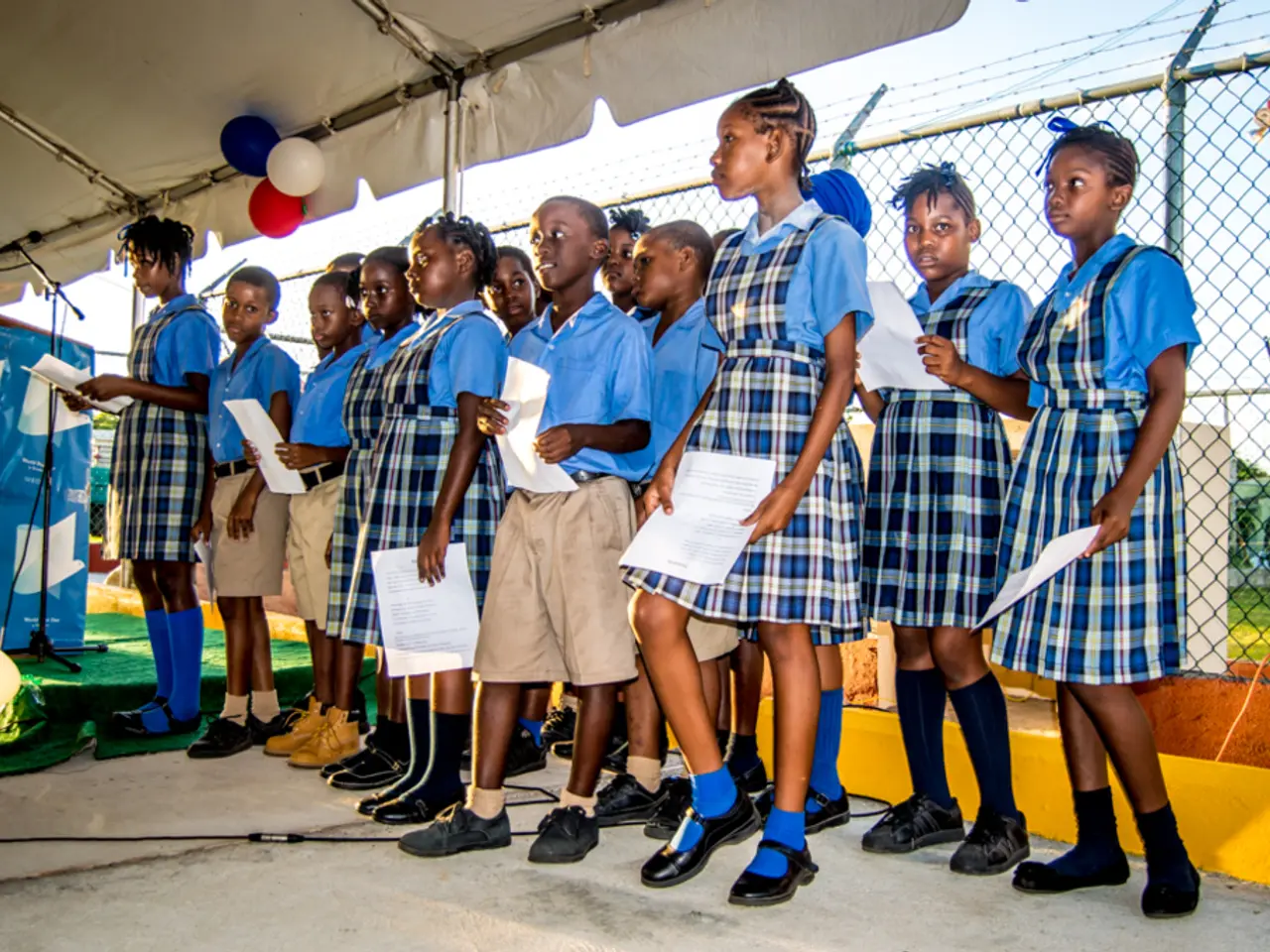Communique to Tribal Alliances Regarding Lead Exposure Examinations in Educational Institutions and Child Care Facilities
EPA Announces WIIN Grant Funding for Lead Testing in Schools and Child Care Facilities in Tribal Communities
The Environmental Protection Agency (EPA) has announced the availability of the WIIN grant funding for Lead Testing in Schools and Child Care Facilities Drinking Water in Tribal Communities. The grant program aims to provide financial assistance to states, territories, Tribal Consortia, and local educational agencies serving schools and childcare facilities in tribal communities.
The grant funding is intended to support voluntary lead testing and remediation in drinking water at educational and childcare facilities that have tested above the lead action level within the past three years. The purpose of the program is to reduce children’s exposure to lead in drinking water through testing and remediation activities such as installing hydration stations, point-of-use water filters, or replacing plumbing fixtures that exceed lead limits.
Facilities should have lead in drinking water exceeding the remediation trigger level, often cited as above 5 parts per billion (ppb). Grants can provide up to $3,000 per hydration station per 100 students in a building, with maximum awards around $30,000 per building or $100,000 per school district. The funding is appropriated under Section 1464(d) of the Safe Drinking Water Act.
Allowed uses are the purchase and installation of devices to reduce lead exposure (hydration stations, point-of-use filters) and replacement of lead-containing plumbing fixtures. Applicants are encouraged to schedule pre-application meetings to ensure eligibility and discuss lead reduction plans, typically coordinated via environmental protection departments or EPA regional offices.
The EPA is sending a letter to tribal consortia regarding this grant program, with the letter dated July 30, 2020. The program aligns with the EPA's broader efforts under the Water Infrastructure Improvements for the Nation (WIIN) Act focused on improving drinking water quality and infrastructure, especially in underserved tribal and local communities.
If you need specific application deadlines or detailed application procedures for Tribal Communities, those are typically listed on the EPA website or grants.gov under the WIIN grant notices. In summary, the WIIN Lead Testing grant targets facilities with recent lead exceedances, provides funding for remediation, and supports tribal and local educational agencies to proactively reduce children's lead exposure through voluntary testing and corrective measures.
For more detailed technical requirements from the EPA grant documents or guidance on where to apply, please contact the EPA or visit their official website.
- In alignment with the EPA's goals for water infrastructure improvements through the Water Infrastructure Improvements for the Nation (WIIN) Act, it's essential to emphasize the importance of reducing lead exposure in drinking water, particularly in health-and-wellness and environmental-science perspectives, as shown by the WIIN Lead Testing grant program targeting tribal and local educational facilities.
- The EPA's grant funding for lead testing and remediation in schools and childcare facilities is significant for tribal communities, as it encourages proactive measures such as installing hydration stations and point-of-use water filters to ensure the provision of clean, safe drinking water for children, thereby promoting a safer and healthier learning environment.




